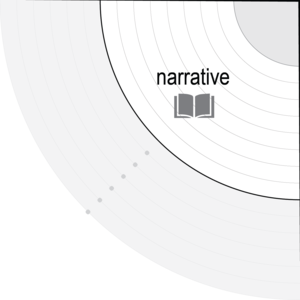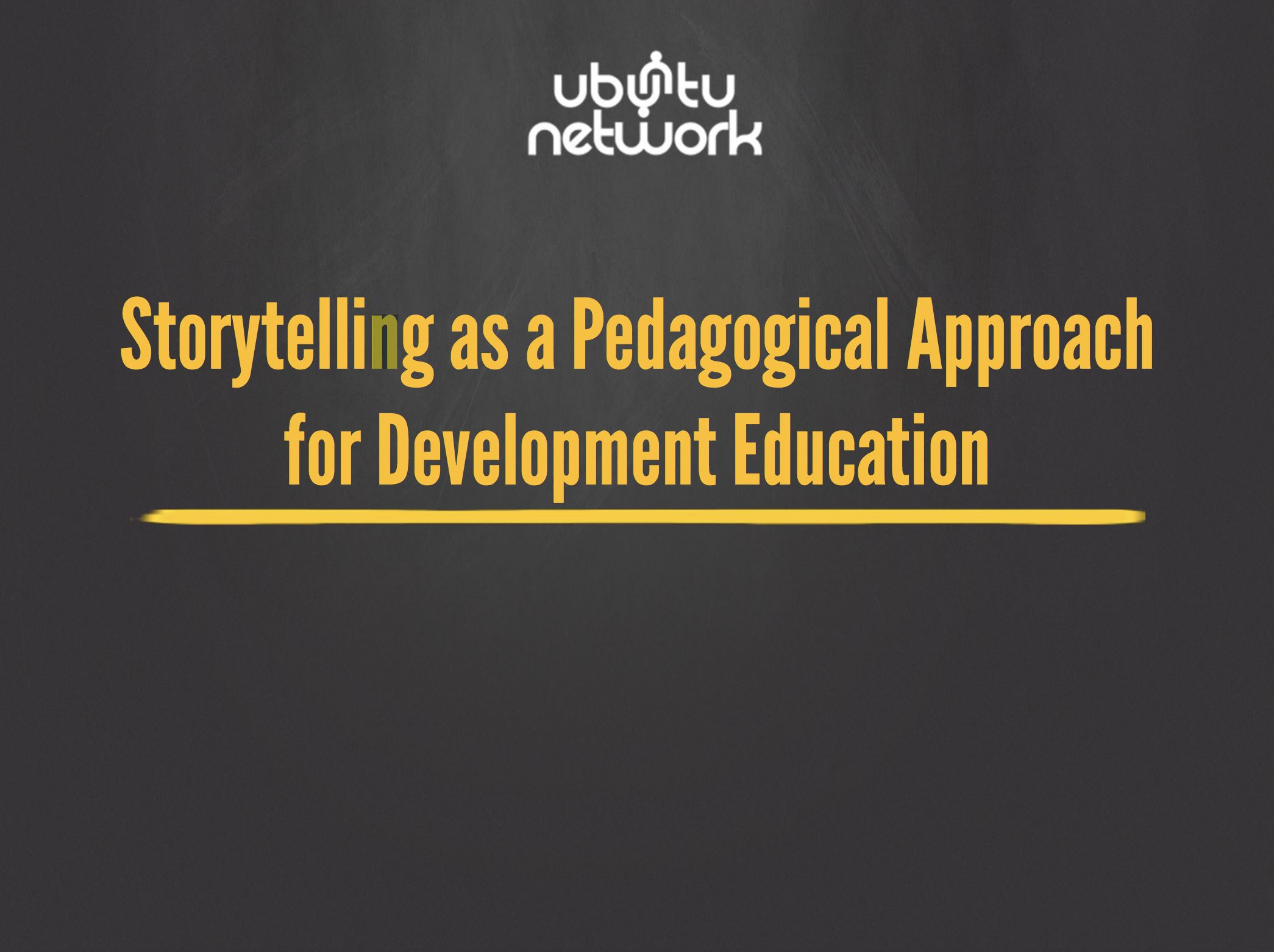Narrative
Have you ever been people watching and notice how individuals act very differently within a particular space or moment? An extreme example could be how one acts at a Cubs game versus a networking event. Experiences and place can, and should create a strong microculture with its own set of socially agreed upon interactions. These interactions create more memorable places and allow you to interact with others and share your experiences.
Supporting Documents: Connection to Storytelling
Narrative Learning in the Fifth Dimension
By: Pentti Hakkarainen
"The article describes an extension of the original idea of the fifth dimension model to pre-school age. We found out that small children are not able to use in their activity the tasks formulated by the adults. Learning tasks in-bedded in different narratives were used in 5D environments. Experimental research led to a hypothesis on the status of narrative learning as ”transitory activity system” between play and school learning. The hypothesis is presented and a transitory model sketched. Examples on children’s sense making and narrative learning in problem situations are offered at the end of the article."
Article Link Here
Storytelling as a Pedagogical Approach
By: Ubuntu Network
This presentation looks at the significance and linkage between storytelling and learning. It addresses the value of reflective storytelling and discusses its stages. It also introduces McDrury and Alterio’s Model of Reflective Learning for Development Education.
Article Link Here
Why You Need To
Use Storytelling For Learning
By: Connie Malamed
“I’m sure you’ve heard by now that storytelling can make learning more effective. Stories help us process and remember information. Perhaps they even touch a part of our consciousness associated with the magic and creativity of childhood.
In my desire to become a better storyteller, I attended a session on the subject while at the Presentation Summit, a conference where the topics overlap surprisingly well with the interests of training professionals and learning specialists.
Here are the key points I gathered from a session titled, The Art of Storytelling, presented by Jon Thomas. I modified them for learning experience designers as needed.”
Article Link Here
Supporting Documents: Connection to VARK (Visual, Aural, Read/Write, Kinesthetic)
The 4 Key Learning Styles and How You Can Use Them to Learn, Teach and Grow Your Business
By: Jake Croman
“Emerging entrepreneurs know there will be many roadblocks, speed bumps and learning curbs on the winding road to startup success. Each failure is a learning experience and each learning experience is a strategic investment in your company's productivity and profitability. The business strategies you develop will not only be unique to your business goals, but also your vision for the company and its mission.
Throughout your education, you may have discovered your unique learning styles and how to best approach information and data. Many people blend these modalities together to form their own unique approaches for learning in the boardroom.
But, what if you applied the way you learn to the way you approach your developing business? Since creating a new business is partially about maximizing brain power, new entrepreneurs can enhance their business propositions by utilizing the learning modalities that fit them. Here's how.”
Article Link Here
The VARK Modalities
By: VARK Learning
“The acronym VARK stands for Visual, Aural, Read/write, and Kinesthetic sensory modalities that are used for learning information. Fleming and Mills (1992) suggested four modalities that seemed to reflect the experiences of the students and teachers. Although there is some overlap between them they are defined as follows.
Remember life (and work) are multimodal so there are no hard and fast boundaries.”
Article Link Here
Storytelling grows up: using storytelling as a reflective tool in higher education
By: Chris McKillop
“The necessity to provide Personal Development Planning (PDP) processes in higher education to foster skills such as reflection, leads to the danger of introducing processes that give the appearance of fulfilling the requirement of fostering reflection, but which end up being a reflection check list fostering a surface reflective approach. The paper argues that approaches seeking to support higher cognitive thinking skills such as reflection should be grounded in a pedagogical approach such as constructivism and storytelling is proposed as an engaging and complementary approach to developing reflective thinking skills. Students tell stories about their experiences to each other every day, and this research proposes using these stories as the basis for reflective discussions. The theoretical basis for using storytelling as a reflective tool will be critiqued. As well as arguing the theoretical basis for using storytelling, this paper will describe research which has taken a model of storytelling in higher education and developed and applied it in an on-line setting to gain a unique insight into students' experiences of the assessment process. The described research focuses on students' experiences through the stories they tell, and the resulting qualitative data is being analysed using a grounded theory approach which has allowed a number of key themes to emerge from the data. The most important of these themes are: the overwhelmingly negative impact of assessment experiences, the issues arising from asking students to tell stories by reflecting on their experiences, and the impact of using an on-line medium to elicit stories.”
Article Link Here
Research Homepage
Future of... The Future / Experience Design
Attributes
Experience Card | Narrative / Social Dynamic / Sensory Engagement / Spatial
Case Studies
Adler Planetarium / Birch Aquarium / California Academy of Sciences / De Young Museum / Exploratorium / Museum of Science and Industry / NeoCon 2018 / Salk Institute / San Francisco Museum of Modern Art / The Shedd Aquarium / The Tech Museum of Innovation / Torrey Pines Gliderport / Under Armour Brand House / The Wave Organ / VDTA Experience Survey



